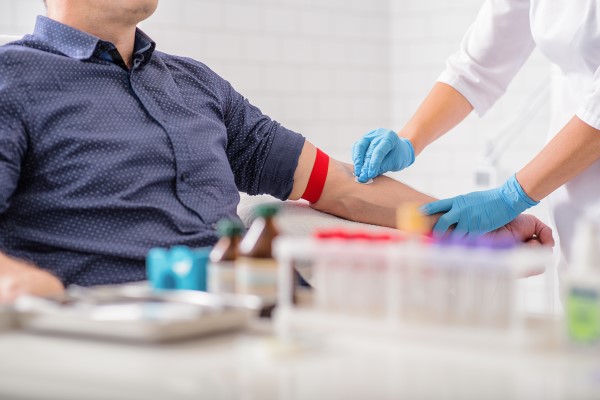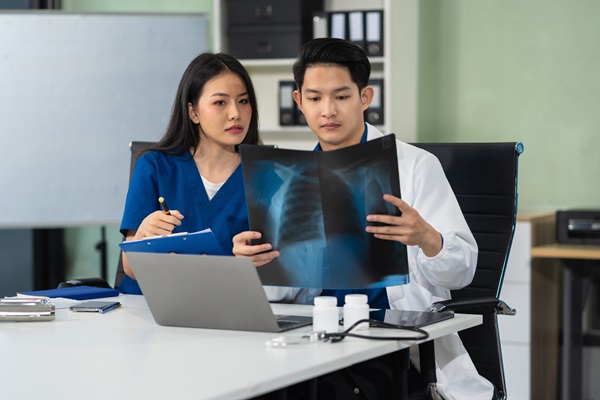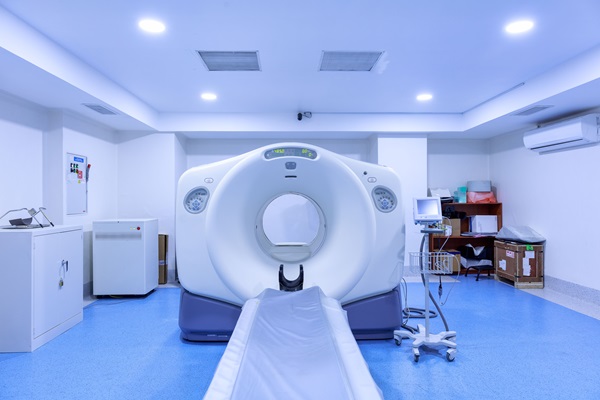STD Testing from a Medical Clinic FAQs

STD testing is a way of taking care of yourself. The American Sexually Transmitted Disease Association stresses the importance of this testing to maintain your general health. It may seem embarrassing to most people, but it is the only way you can find out if you are okay. In case you do have an infection, this exam can help you get the treatment that you need. Knowing more about it can help you prepare well for it. Here are some FAQs that you can ask your doctor about STD testing.
What are the common types of STD testing available?
A person may practice contraception or practice different types of sexual practices. Whatever a person’s sexual habits are, testing for a sexually transmitted disease is important. Seeking peace of mind after a suspicious sexual encounter can help the individual function better. A primary care clinic can provide the necessary exam. Below are the common types of STD testing to consider:
- Urine tests can check for gonorrhea and chlamydia. The healthcare provider will give the patient a small, sterile plastic container. The patient will go to the comfort room and pee into the cup. The fresh urine will go to the lab for screening.
- Swabs can test for gonorrhea and chlamydia as well. The doctor can also use this technique to test for diagnosing trichomoniasis and herpes. A long swab will take fluid samples from the anus, vagina, or throat. The sample source will depend on where the patient has the infection. This type of STD testing is easy and quick.
- Blood tests can check for hepatitis B and C, as well as syphilis and HIV. These exams can also diagnose herpes. Some clinics offer a 15-minute testing package.
- Other types of STD testing include visual inspections. The doctor can look at the sores or lesions to see how severe they are. A visual check is also effective in diagnosing pubic lice.
How is a Pap test different from an STD test?
A Pap test is a basic preventive measure against anal, cervical, and vaginal cancers. It is not a form of STD testing because it does not look for signs of sexually transmitted diseases. Its aim is to find abnormal cell formations in the anal, cervical, or vaginal area. A Pap test makes sure that the patient does not have developing conditions.
The doctor will scrape some cells off the target areas and check them under a microscope. It can help diagnose inflammation and infection in the vagina and endocervix. A Pap test can check for precancerous and cancerous vaginal or cervical cells. The patient may have this test again as a follow-up to a past abnormal Pap test result.
Can a woman on her period have STD testing?
Physical exams and STD testing can happen even if the woman is on her period. The doctor can swab the vaginal area even if the woman is bleeding down there. HIV or STD exams will be smooth even if the woman feels squeamish about it. A woman can choose to wait until the menstrual bleeding stops before this type of testing.
Can a person have STD testing for every infection?
It is possible for a patient to get complete testing for STDs. This means that the doctor will order a urine test to check for common bacterial sexually transmitted infections. These include gonorrhea and chlamydia. For this complete test, the patient must be ready to share important or even private information. This can help give the patient peace of mind.
How long after sexual contact can a person get STD testing?
The frequency of testing will depend on the intervals between sexual contact, as well as the type of STD. Asking the doctor about the right time for testing can help the patient prepare. This can also prevent the infection from worsening through early treatments. Here are the window periods for each infection:
- Syphilis can go through testing three to four weeks after the sexual encounter.
- Gonorrhea test results are often unmistakable after a week.
- HIV testing can take about six weeks to three months.
- Chlamydia can go through testing a few days after the act, but better results often come out after two weeks.
- Hepatitis needs a window of two to four weeks before STD testing.
- Herpes testing must happen in two to 12 days if there are lesions. Waiting for three months before STD testing will provide better results.
Knowing more about STD testing can help you prepare well for it
Diseases transmitted through sexual acts can be damaging to the body and mind. It can affect relationships and productivity. Knowing what to look forward to can help prepare you for your STD testing. Going through with it can give you peace of mind knowing that you do not have an infection. It may also start your treatment right away, which can prevent complications.
Get more information about Texas Urgent Care & Imaging Center in New Caney at https://tx-urgentcare.com.
Check out what others are saying about our services on Yelp: Read our Yelp reviews.
Recent Posts
X-rays are popular tools medical professionals use to diagnose a wide range of health conditions quickly and safely. They allow these professionals to see inside the body without invasive procedures, making them invaluable in urgent and primary care settings. Whether identifying fractures, monitoring chronic conditions, or detecting abnormalities, X-rays are critical in ensuring timely and…
A CT scan, or computed tomography scan, is a diagnostic tool that provides detailed images of the body’s internal structures. This non-invasive procedure helps medical professionals diagnose and monitor various conditions, from injuries to chronic illnesses. Knowing what to expect during a CT scan can ease concerns and prepare patients for a smooth experience.A CT…
If you work in public transportation, you may need to have a DOT drug screening. The Department of Transportation (DOT) regulates this test and requires it for you. You might be wondering what this test is like. Keep reading to learn more.Congress passed the Omnibus Transportation Employee Testing Act in 1991. Congress knew that the…
Walk-in clinic provide convenient, accessible health care for non-emergency medical needs, making it an ideal choice when immediate attention is necessary. Understanding when to visit a clinic can help patients save time, avoid unnecessary trips to the emergency room, and receive quality care for their health concerns. These clinics handle various issues, offering fast, professional…


